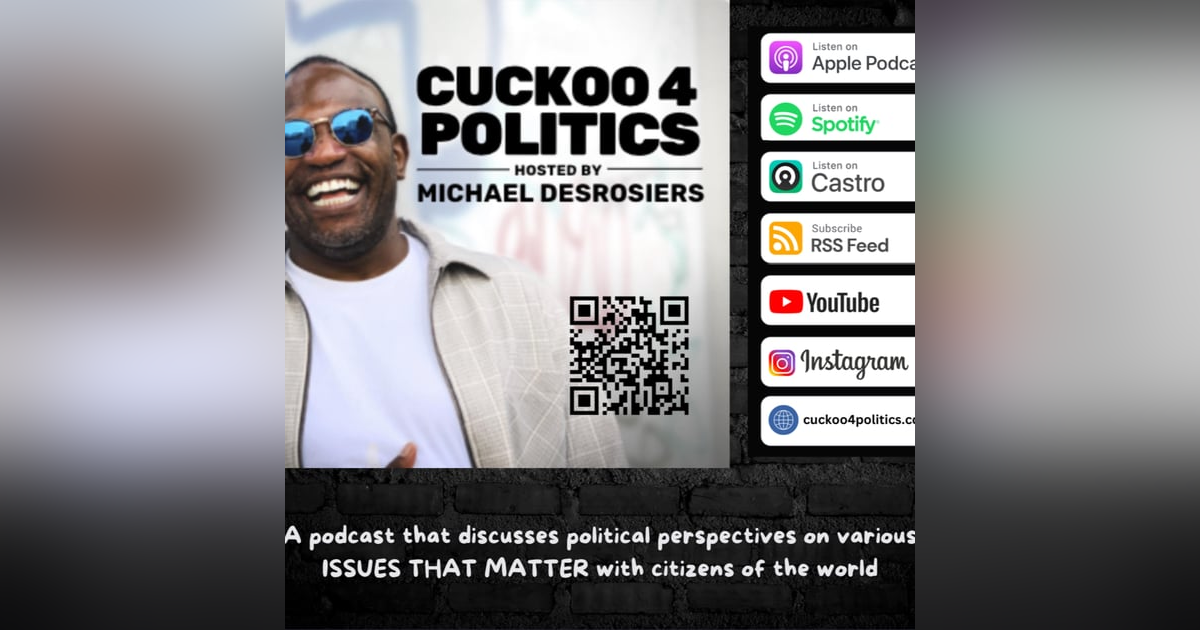Race and the Black Culture Part 2

“There’s an excitement in being able to look down on someone,” says Darryl Colon, who resumes his conversation with Michael about the origins of racism in America. Darryl discusses President Lyndon B Johnson’s Kerner commission, a committee of all-white conservatives who placed the issue of racism at white America’s feet. As Michael points out, Black Americans historically have not been afforded the same opportunities to assimilate into society as have newly arrived Americans, particularly Europeans. Darryl quotes psychologist Carl Rogers, who said that people are drawn to support and reward things that are “like them,” and that conservatives want to shut down the Critical Race Theory conversation to maintain a status quo that benefits them, regardless of its effect on others. Psychologist Alfred Adler recognized that at the heart of a superiority complex is an inferiority complex, and people are always eager for the chance to look down on someone else for the chance to be—or just to feel—powerful. He says this motivation perpetuated slavery, white supremacy and the origins of the modern-day police institution.
Regarding the resistance from Conservatives to incorporate Critical Race Theory into curriculum, Michael makes the analogy of wearing red during American Heart Month: dedicating a month to heart disease doesn’t mean you think it’s more important than cancer. It’s simply a matter of raising awareness. Historically, large groups of people united under one cause have proven too much of a threat to those in power to be tolerated for long. The two men refer to 9/11 as the first time Americans were truly united, and the world with them, a unity which could have lasted to this day had it not been squandered with an invasion of Iraq under false pretenses.
Michael closes the show by discussing the methods used to conduct census surveys in centuries past, and the categorizing of citizens based on to what degree they possessed Black heritage. He compares this with the way citizens are choosing to self-identify today.
Quotes-
- “Psychologist Carl Rogers spoke about the desire to be fully acculturated, fully assimilated, and embraced by the European component of American society. He said the desire to be white is an incredibly powerful social dynamic.” (11:29-11:47 | Darryl)
- “What Carl Rogers is referring to is what I call the difference between assimilation and what they used to call integration, but they now call multiculturalism or diversity. People used to confuse the two things thinking one was the other. Assimilation is the people in power teach and those who are not in power learn under integration, we will teach and learn together. Under assimilation, differences are eliminated. Under integration, you see the differences are exciting opportunities to experience something new and with assimilation, rewards go to people like ‘us.’” (11:48-12:45 | Darryl)
- “That's the key thing. They just do not wish to have us–Americans, or a diverse group of people–to be unified, and there's always something that's going to break us apart.” (24:25-24:39 | Michael)
Links
https://www.instagram.com/cuckoo_4_politics/









